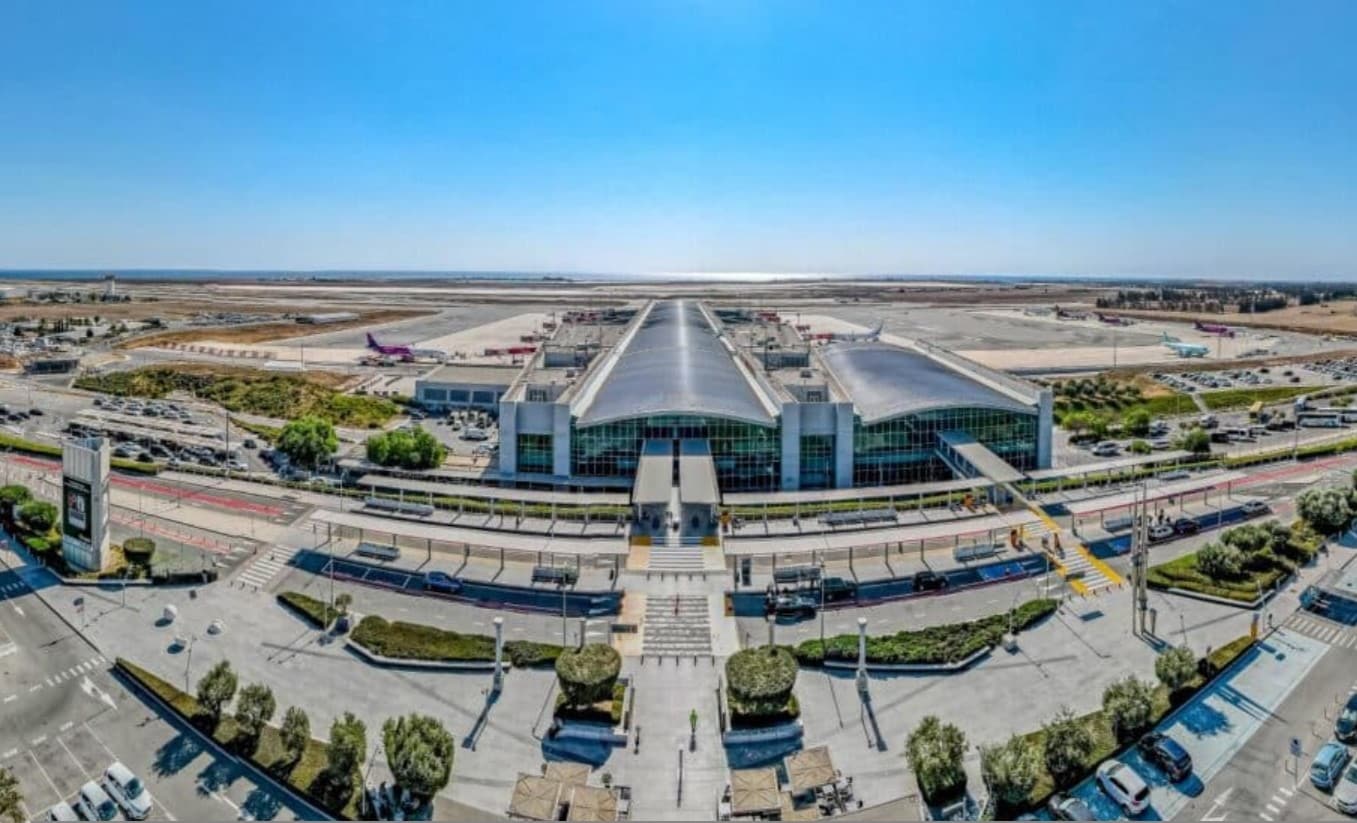Cyprus must treat winter tourism as a “one-way street” and invest steadily in non-peak months, according to Hermes Airports Director of Aviation Development, Marketing and Communication, Maria Kouroupi.
Speaking on the podcast A Look at the Economy from Politis, Kouroupi said Cyprus is on track for a third consecutive record year in passenger traffic, a trend she attributed to coordinated efforts by airlines, hoteliers, tour operators and the state, as well as rising off-season demand.
“We are going for a third consecutive record year in passenger traffic,” she said, highlighting the strong performance of Cyprus-based airlines, especially low-cost carriers. Israel, she added, “has exceeded every previous year”, becoming a key source of growth.
Kouroupi stressed that winter tourism has become essential, explaining that “this is now a one-way street for Cyprus” because climate change is expected to make summer months less competitive. Airlines themselves prefer destinations that operate year-round, making winter demand a strategic priority.
She argued that year-round tourism requires more than open hotels. Restaurants, experience providers and other businesses must also stay active, while new winter-focused products need to be created so that “stories and experiences” can reach consumers.
Hermes Airports is supporting the shift through incentive schemes aimed at winter connectivity. “This winter 13 new routes have been added, and there are five million seats for the November–March period,” she said, warning that without sufficient demand airlines “will lose a lot of money”.
The UK, Israel and Poland remain the strongest markets, with steady growth also seen from the Balkans and Scandinavia.
Ahead of Cyprus’ EU Council Presidency in 2026, connectivity with Brussels is being strengthened. New flights have already been announced, and Kouroupi said the goal is for them to continue after the Presidency.
She also discussed airport expansion, stressing that delays stemmed from negotiations with the state rather than construction. Without the revised agreement, “Paphos in no case would have expanded its buildings”. Under the approved plan, Larnaca will receive new passport control and security facilities, a new pier and additional aircraft stands, while Paphos will expand by about 30 per cent. Completion is expected by late 2027.
Regarding access issues at Larnaca Airport, she said the arrivals drop-off area must remain closed because Phase Two works are under way. On preparations for the EU Presidency, she added that the airports are fully ready and that the final visual identity “will be felt” upon entering the terminals.






Click here to change your cookie preferences